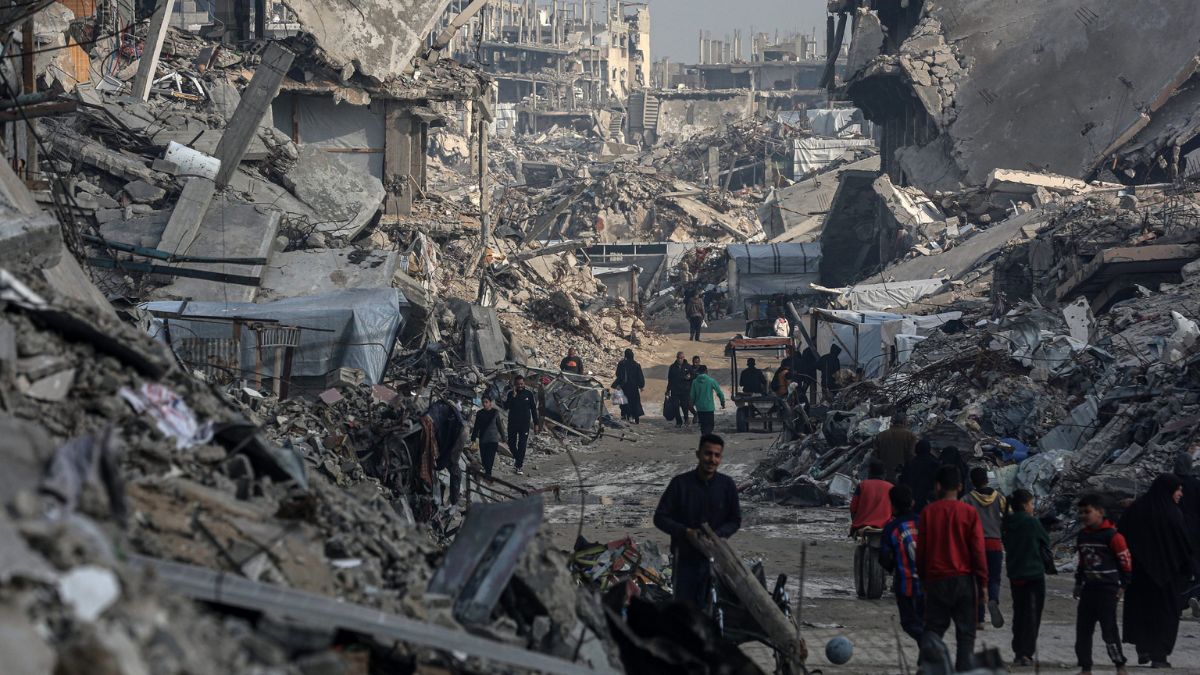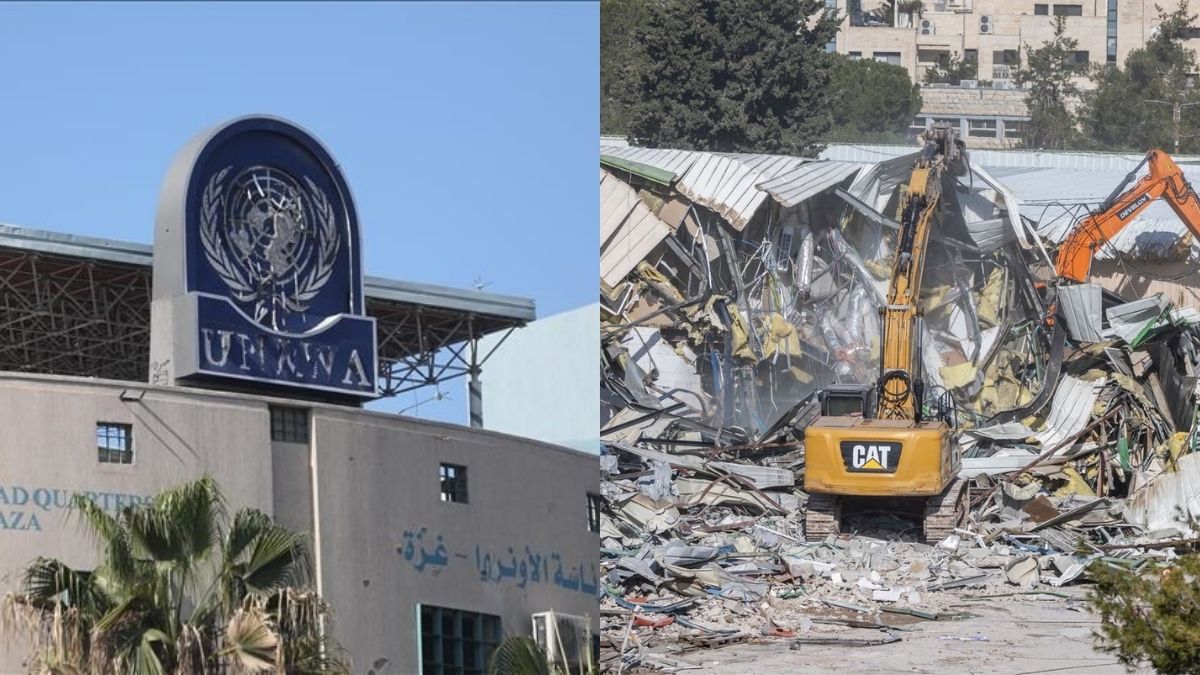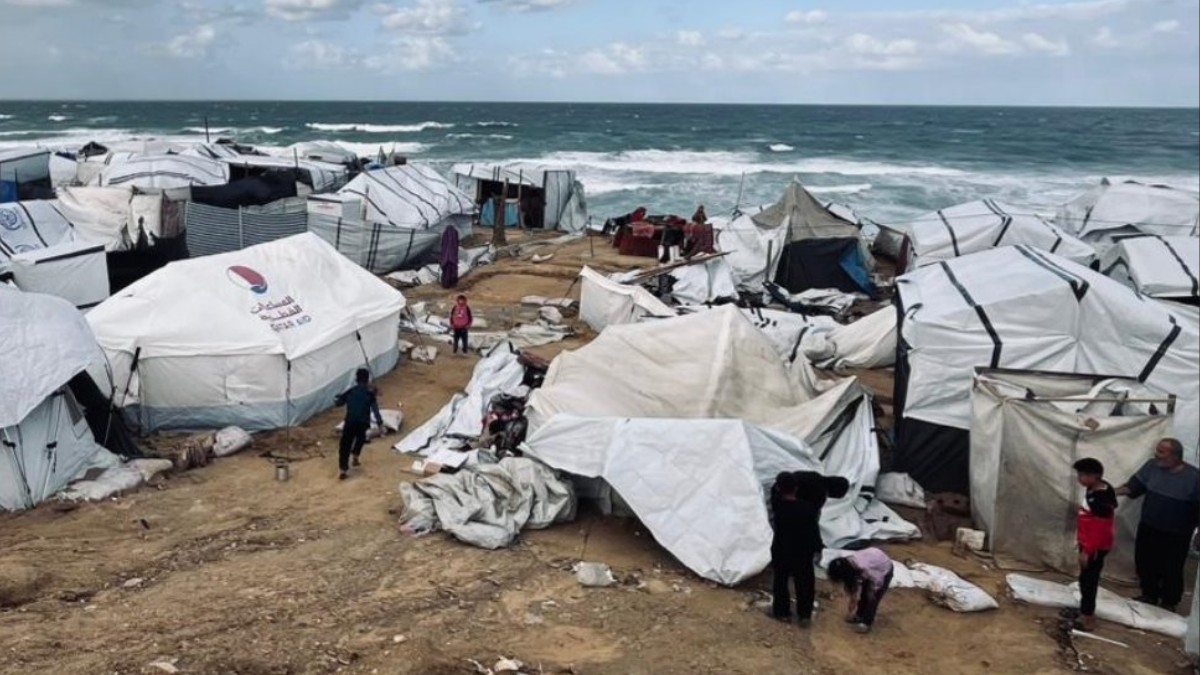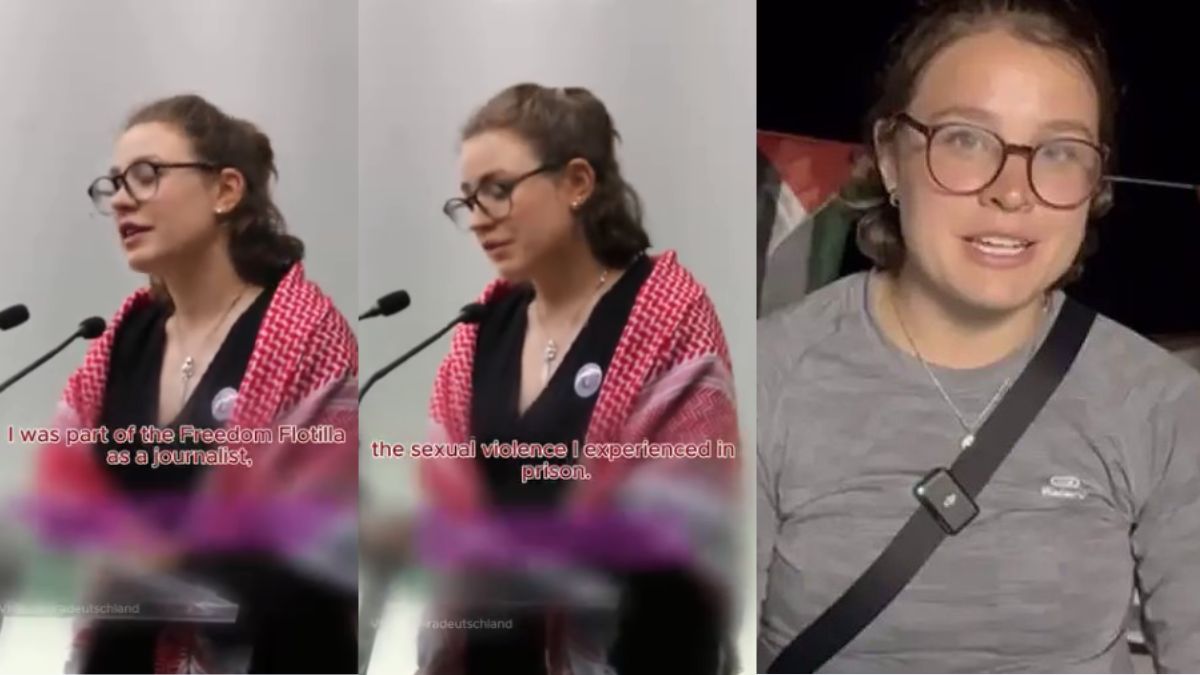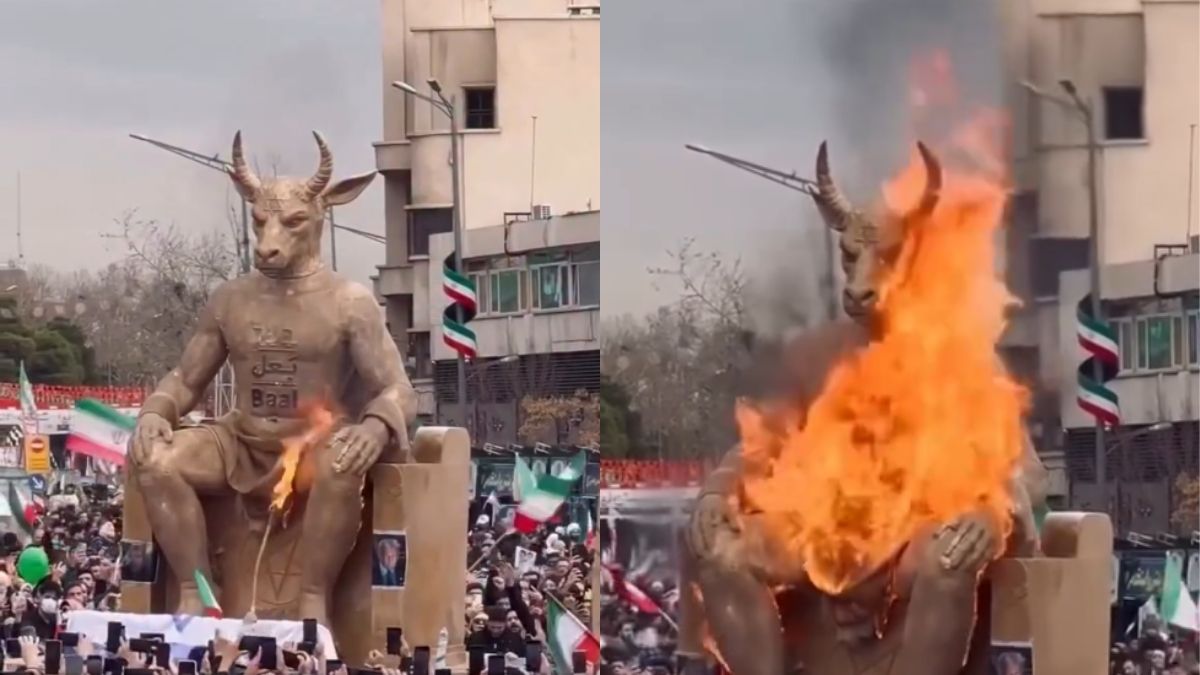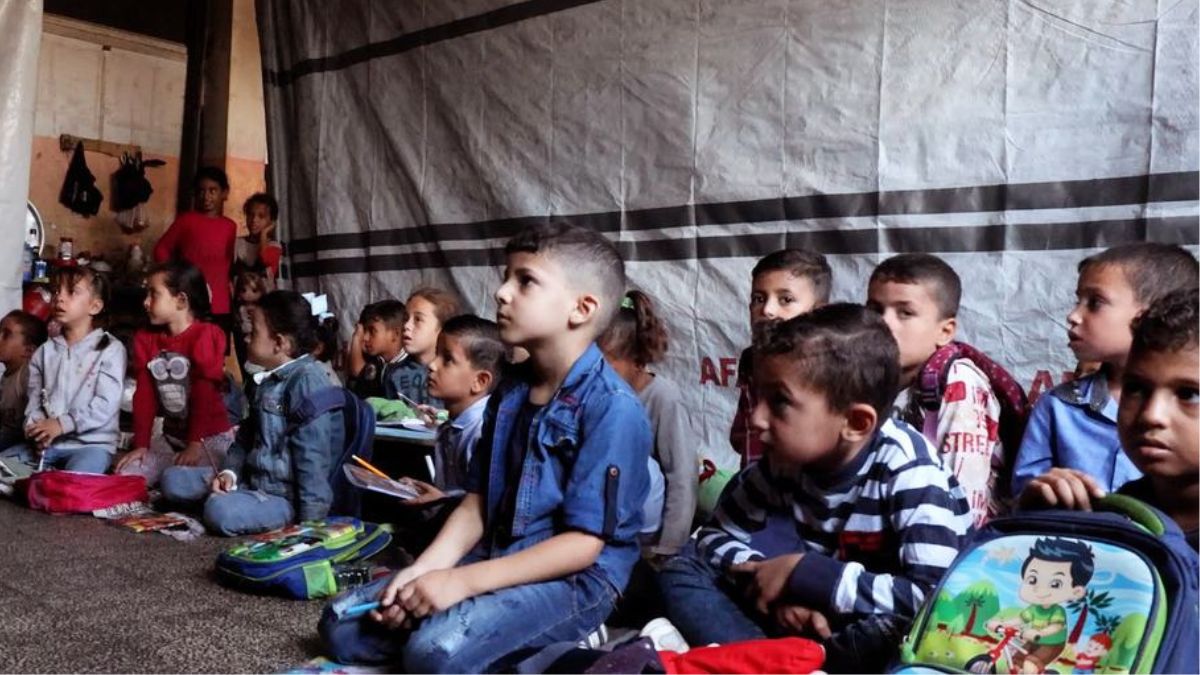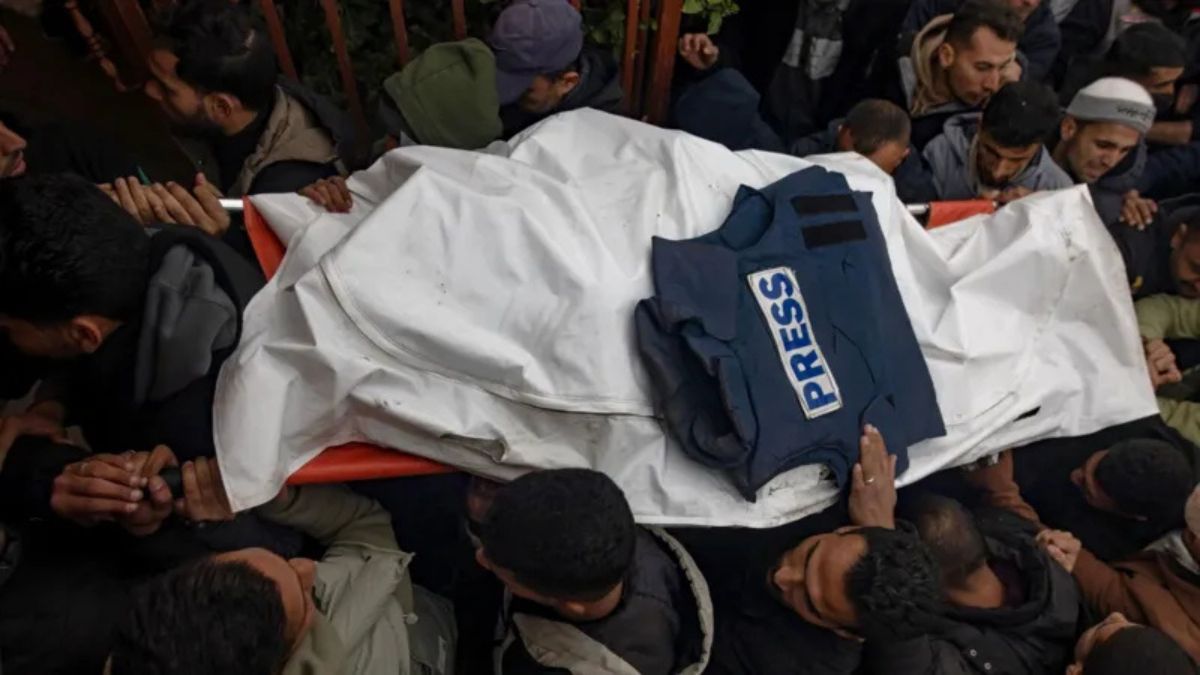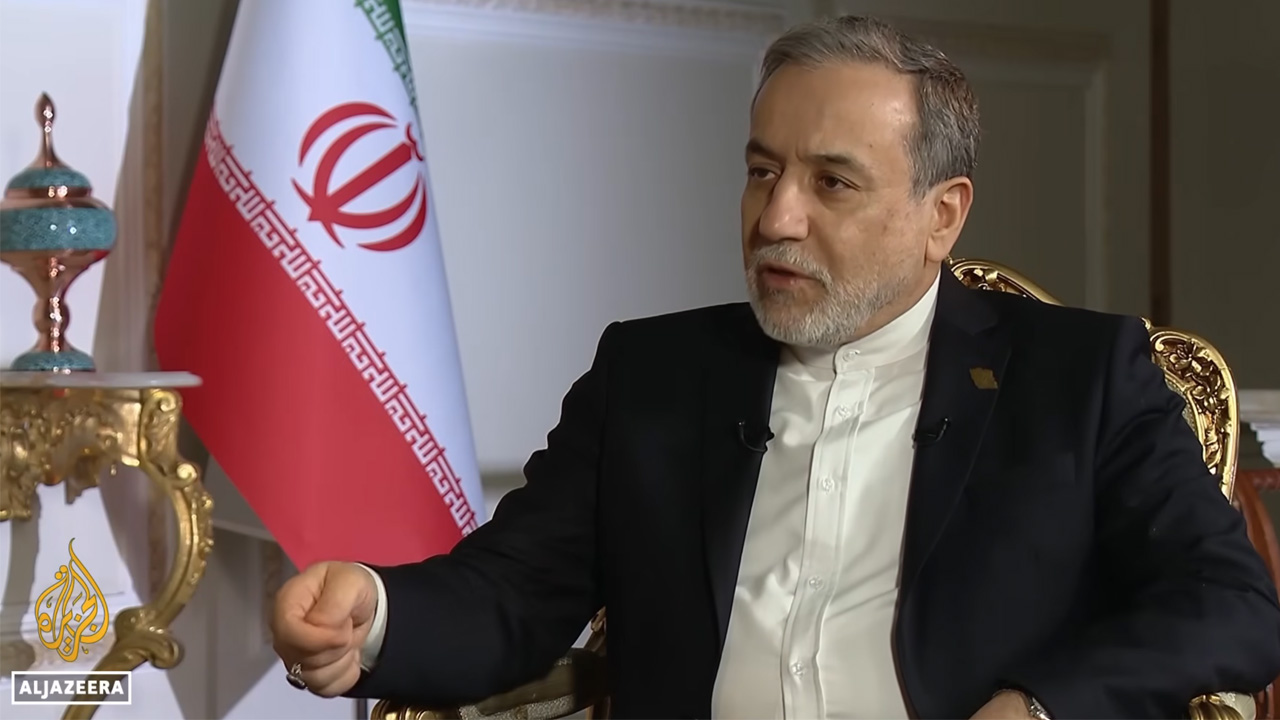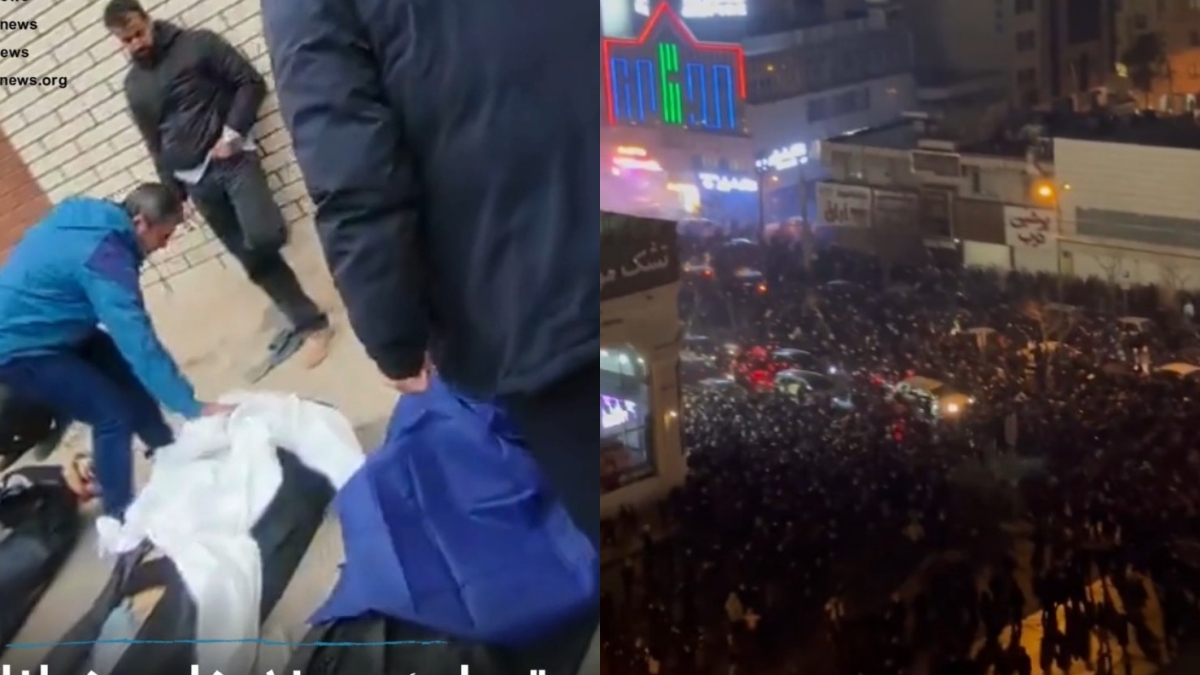US planning international force for Gaza stabilisation amid reconstruction efforts
The US is leading talks to form an international stabilisation force for Gaza, aiming to restore order in Hamas-free zones, with discussions underway with several nations including Egypt and Indonesia.
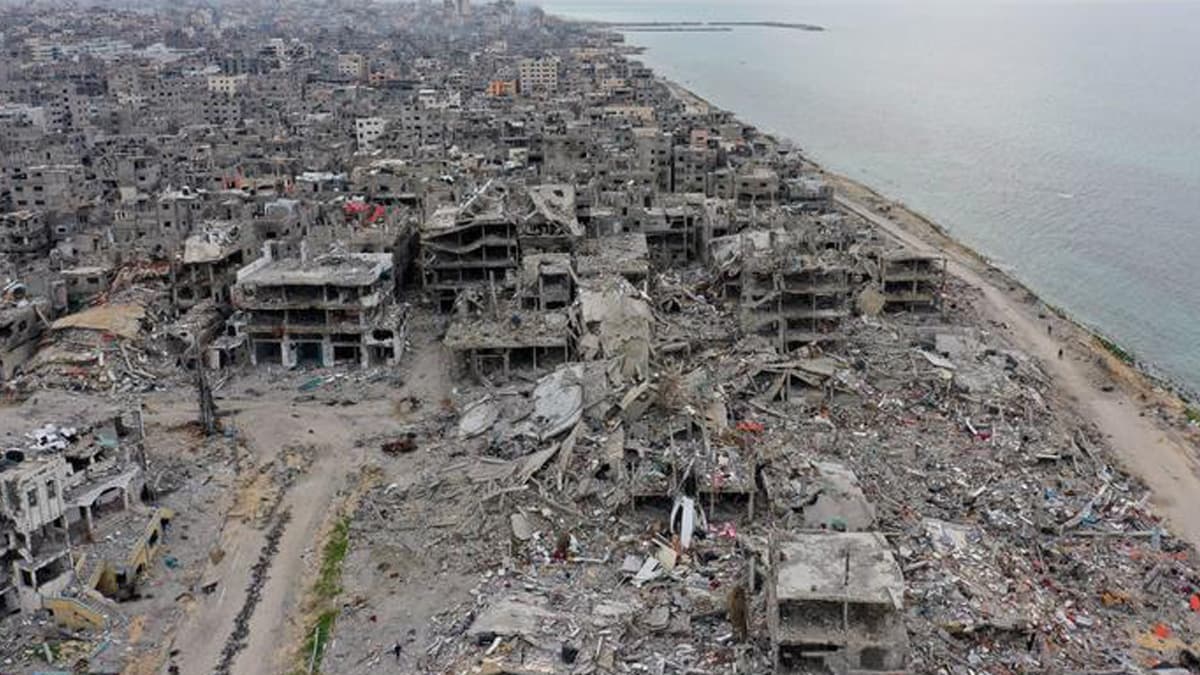
- The US is planning a basic stabilisation effort for Gaza with an international force under discussion.
- Aid will support reconstruction in Hamas-free zones only; no US troops will enter Gaza.
- Countries approached to join the force include Egypt, Indonesia, UAE, Qatar, and Azerbaijan.
The United States is leading efforts to stabilise Gaza through the creation of an international force, according to two senior US advisers who spoke to Reuters on 16 October 2025. The initiative seeks to establish basic order in areas of the Palestinian enclave that are no longer under the control of Hamas.
"Right now, what we're looking to accomplish is just a basic stabilisation of the situation. The international stabilisation force is starting to be constructed," said one of the advisers, who requested anonymity.
Countries currently in dialogue with Washington over potential participation in the force include Indonesia, the United Arab Emirates, Egypt, Qatar, and Azerbaijan, according to a second senior adviser.
The US advisers also emphasised that the intent is not to displace civilians. "No one would force any Gazans to leave the enclave," one adviser said.
The focus of the international effort is on post-conflict reconstruction in areas no longer held by Hamas. “What we've said very clearly is that aid is going in, but no rebuilding money will go into areas that Hamas controls," said the adviser. "We're looking at starting to rebuild in areas that right now are Hamas-free, terror-free zones."
This approach reflects a broader US strategy to support the recovery of Gaza while denying Hamas influence over the rebuilding process. The advisers did not provide a timeline for when the stabilisation force would be deployed.
US military role limited to coordination
US President Donald Trump stated on 15 October 2025 that American forces would not be directly involved in disarming Hamas. However, he confirmed that the US would support Israeli operations in this area.
"The US military will not be needed to disarm Hamas," Trump said during a media briefing in the Oval Office. He affirmed Washington's support for Israel's ongoing disarmament efforts but made clear that the US would avoid deploying ground forces in Gaza.
According to a Jerusalem Post report on 13 October 2025, a US official confirmed that approximately 200 American troops would be sent to Israel. Their primary role will be to establish a coordination centre and assist with the implementation of the Gaza deal.
“No US soldiers would be on the ground in Gaza,” said the official. “Personnel will be monitoring developments, and aircraft may operate over the Strip to provide situational awareness, but no American boots will enter Gaza.”
This strategy reflects a deliberate distancing of US forces from direct involvement in Gaza, even as the country plays a central role in shaping post-conflict governance and reconstruction planning.
International and regional involvement key
While the shape and mandate of the international stabilisation force remain under development, the inclusion of countries such as Egypt, Qatar, and the UAE suggests a desire for broad regional representation. These countries have played various roles in past negotiations and reconstruction efforts in Gaza.
Indonesia and Azerbaijan, meanwhile, represent broader Muslim-majority nations that may provide legitimacy to the force among regional populations and stakeholders.
The formation of an international force raises important logistical and diplomatic questions, including command structure, rules of engagement, and cooperation with existing authorities in Gaza.
So far, neither the United Nations nor other major multilateral bodies have publicly commented on involvement, though their role may become more prominent as plans progress.


